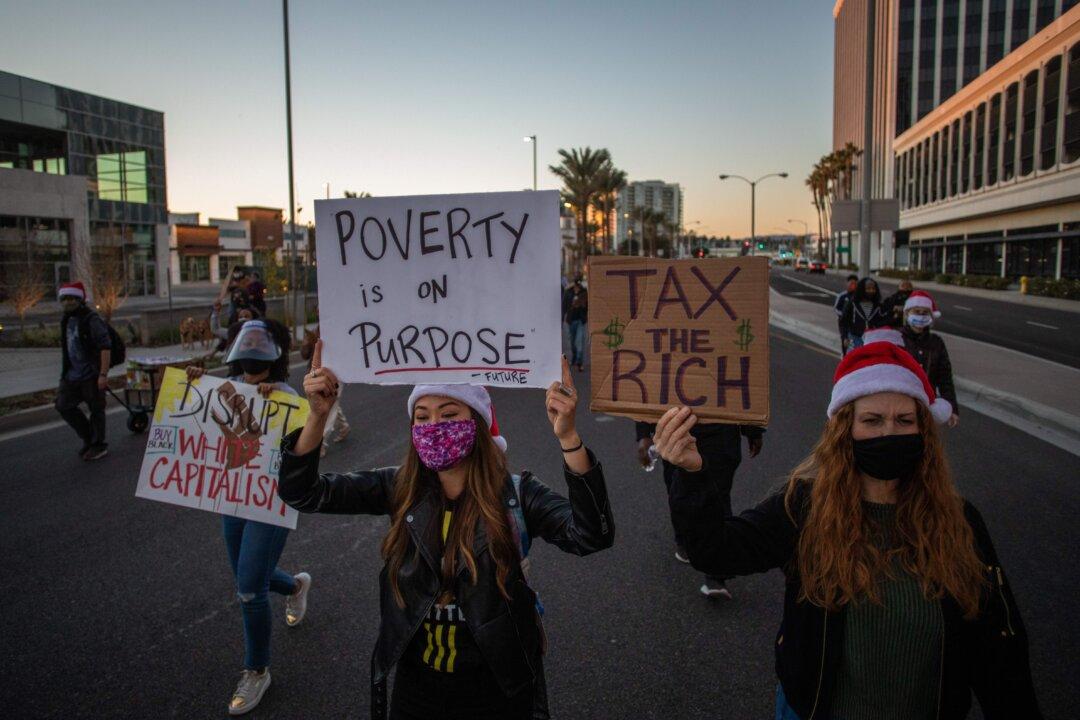Commentary
Do elite liberals or progressives have anything good to say about America? Do they find anything in the nation deserving of celebration?

Do elite liberals or progressives have anything good to say about America? Do they find anything in the nation deserving of celebration?